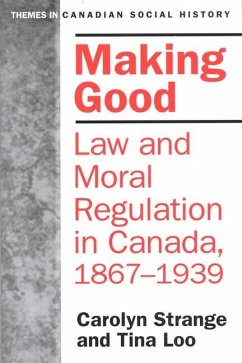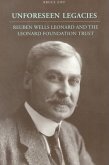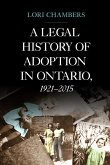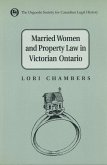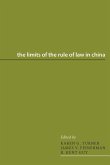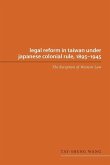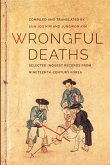Making Good Looks at the Changing Relationship between law and morality in Canada during a critical phase of nation building, from Confederation to the onset of the Second World War. The authors argue that though the law played a significant role in giving Canada a moral cast, the laws homogenizing tendencies did not always meet with anticipated success, as values deemed 'good' by the government were constantly repudiated by those on whom they were imposed.
Strange and Loo examine both the major institutions which patrolled morality -- the Department of Indian Affairs, the Ministry of Justice, and the North West Mounted Police -- and the agencies that worked at local levels, such as police forces, schools, correctional facilities, juvenile and family courts, and morality squads. They also look at many fascinating acts of resistance to moral ordinances, showing that not all Canadians shared the same vision of goodness.
Through topics as diverse as gambling, marriage and divorce, and sexual deviance, Making Good shows that character building was critical to the broader project of nation building. It will be a welcome addition to undergraduate Canadian history courses, and will interest social historians; historians of Native peoples, the working class, and women; criminologists; and political scientists.
The law played a significant role in giving Canada a notably moral cast, reinforcing its reputation as a nation founded on the principles of 'peace, order, and good government.'
Examines the official institutions which regulated moral conduct in Canada, and analyses the ways in which different social groups had distinct relationships to legal modes of regulation.
Hinweis: Dieser Artikel kann nur an eine deutsche Lieferadresse ausgeliefert werden.
Strange and Loo examine both the major institutions which patrolled morality -- the Department of Indian Affairs, the Ministry of Justice, and the North West Mounted Police -- and the agencies that worked at local levels, such as police forces, schools, correctional facilities, juvenile and family courts, and morality squads. They also look at many fascinating acts of resistance to moral ordinances, showing that not all Canadians shared the same vision of goodness.
Through topics as diverse as gambling, marriage and divorce, and sexual deviance, Making Good shows that character building was critical to the broader project of nation building. It will be a welcome addition to undergraduate Canadian history courses, and will interest social historians; historians of Native peoples, the working class, and women; criminologists; and political scientists.
The law played a significant role in giving Canada a notably moral cast, reinforcing its reputation as a nation founded on the principles of 'peace, order, and good government.'
Examines the official institutions which regulated moral conduct in Canada, and analyses the ways in which different social groups had distinct relationships to legal modes of regulation.
Hinweis: Dieser Artikel kann nur an eine deutsche Lieferadresse ausgeliefert werden.

